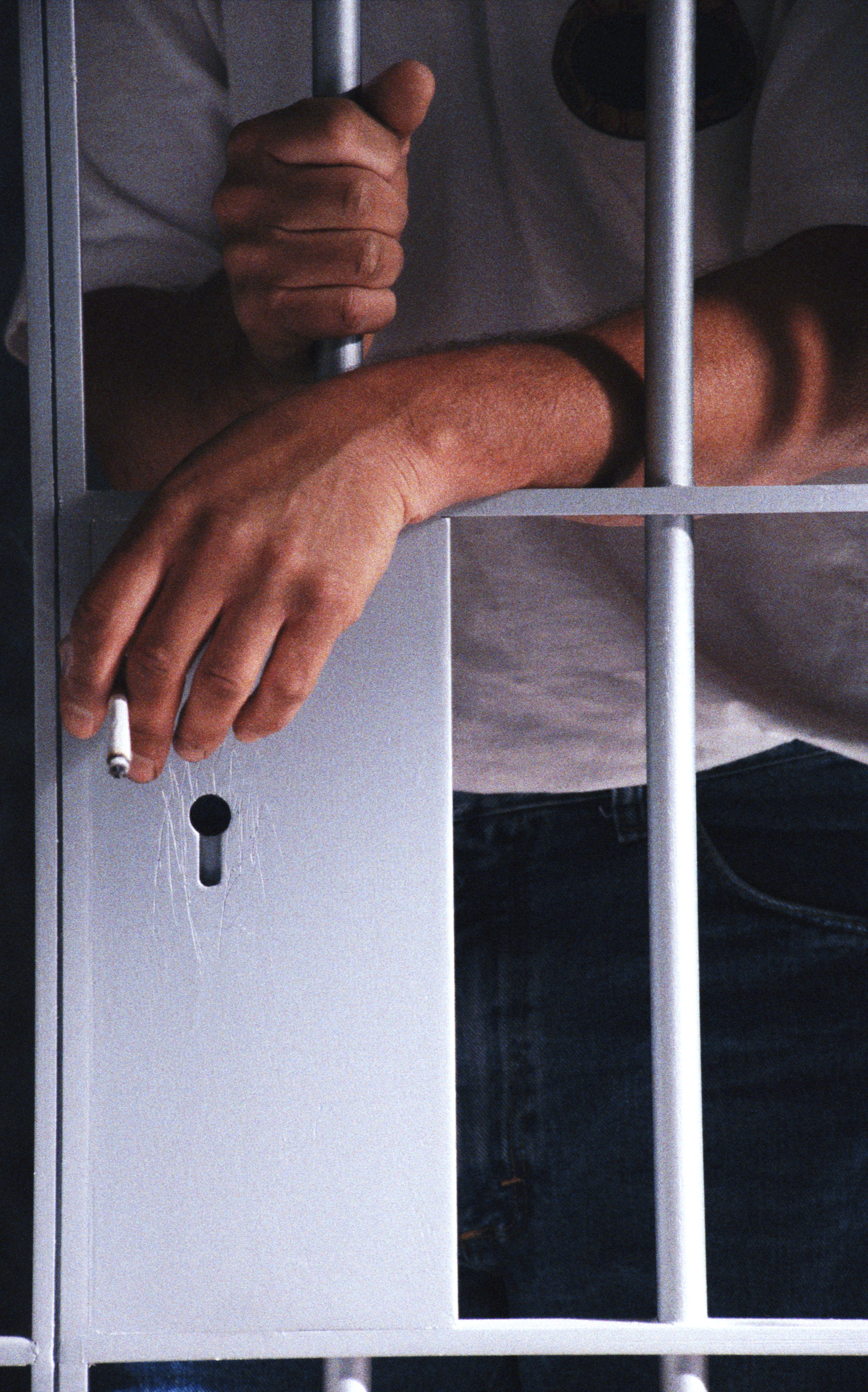
Prosecution Basics
Even if they are not your favorites, you have probably seen several “law and order” shows and/or movies over the course of your lifetime, all of which proport to show the viewer how a criminal prosecution works in real life, with varying degrees of success. Criminal charges can come about in one of two ways. The first occur when a police offer actually observes a criminal act, or is called to the scene where an alleged criminal act recently occurred. Driving under the influence, shoplifting, and prostitution are common examples. The other way in which you might end up being charged with a criminal offense is the culmination of an investigation by law enforcement. This usually involves more serious charges, such as dealing a controlled substance, burglary, or murder. Either way, the law enforcement officer in charge of the investigation or making the arrest submits a report to the prosecuting attorney’s office detailing the alleged criminal conduct. The prosecuting attorney ultimately decides whether or not to file charges. If charges are pending in your case, the prosecutor clearly felt the report warranted the initiation of a case against you.
The Prosecutor’s Burden
As a defendant in a criminal case, you have the right to be presumed innocent until proven guilty under the American criminal justice system. Moreover, the prosecutor has the burden of proving your guilt beyond a reasonable doubt. This burden is a high one – the highest in the entire justice system. Because the prosecution has the burden of proving your guilt, you do not have to do anything at your trial. You can, however, put on a defense if you decide to do so after consulting with your criminal defense attorney.
The Discovery Process
Not long after your initial court appearance, the prosecuting attorney will start handing over “discovery” to your attorney. In a criminal prosecution, this means that the prosecutor will give your attorney copies of reports, test results, photos, and anything else that the State plans to use against you at trial. This is one way your attorney finds out what evidence that State has against you. Another option is for your attorney to “depose” the State’s witnesses. A deposition involves questioning a witness while the witness is under oath, but outside of the courtroom. The answers can then be introduced at trial if necessary. Being able to question a witness ahead of time tells you what the witness plans to testify to at the trial.
Consulting with Your Smyrna Criminal Lawyer
Once your Smyrna criminal law has received all of the discovery from your case and has conducted all planned depositions, you can sit down and discuss trial strategy. At that point, you should have a fairly clear picture of what the State’s theory will be and how they intend to try and convince a judge/jury of your guilt.
Contact a Smyrna Criminal Lawyer
If you are currently facing criminal charges in Smyrna, Tennessee, or the surrounding area, it is, in your best interest to consult with an experienced Smyrna lawyer at Bennett, Michael & Hornsby as soon as possible to ensure that your rights are protected. Contact the team today by calling 615-898-1560 to schedule your appointment.
- The Art of Successful Co-Parenting During Divorce - April 19, 2024
- Elder Financial Exploitation: How to Protect Seniors - April 12, 2024
- How to Obtain Guardianship of a Minor in Tennessee - April 2, 2024




